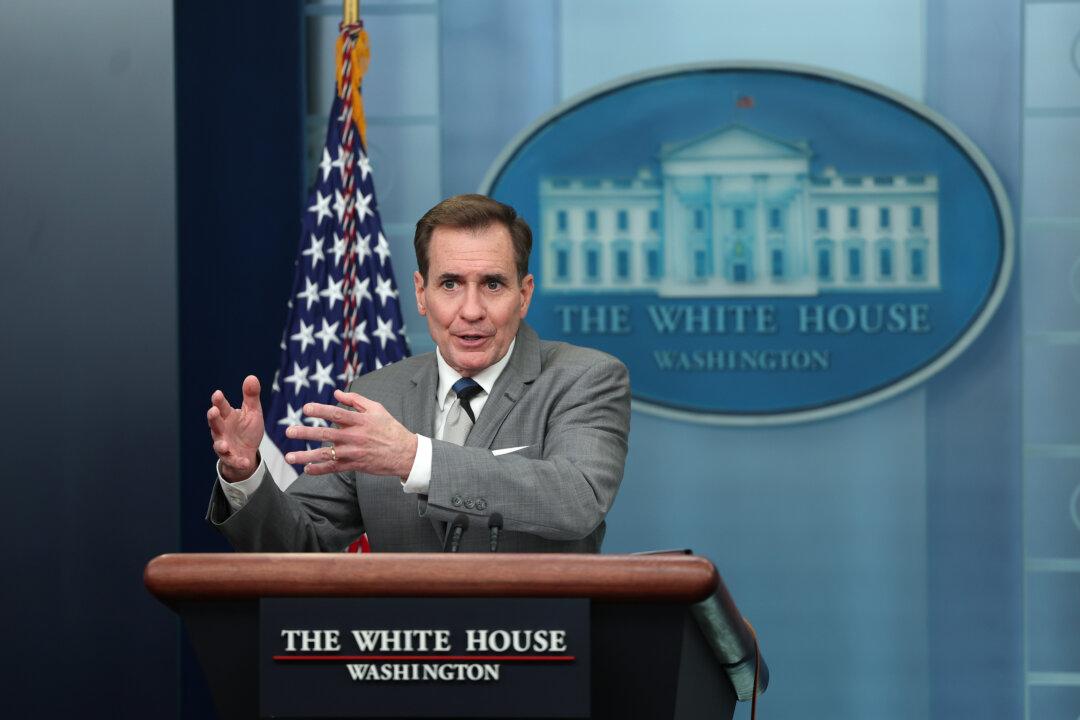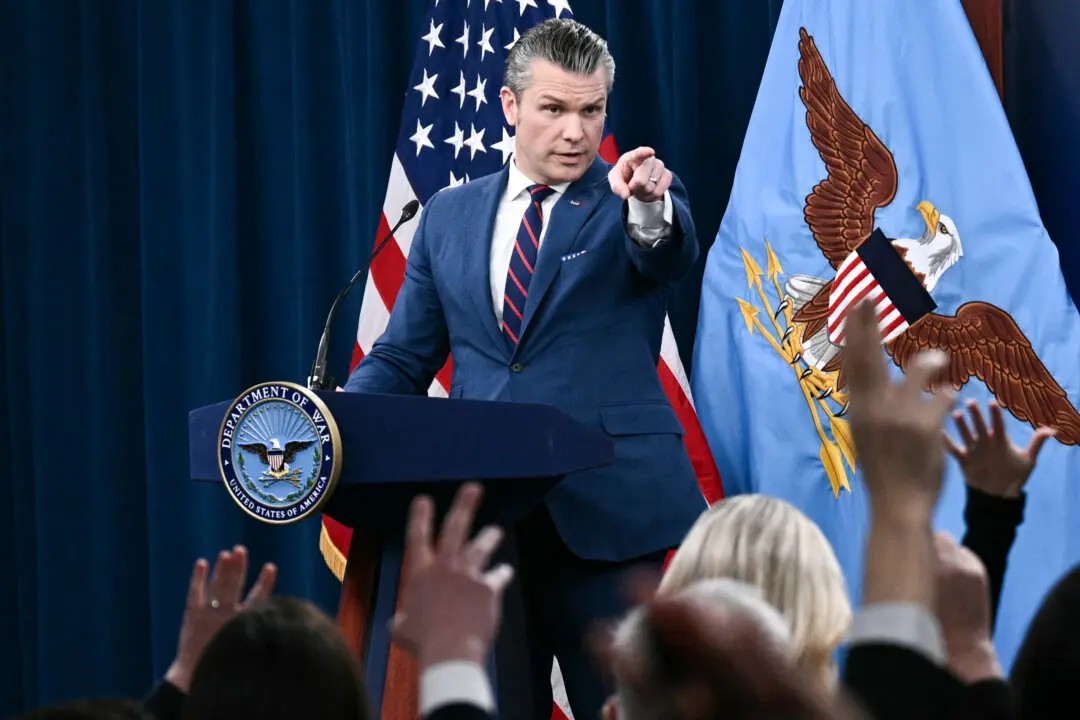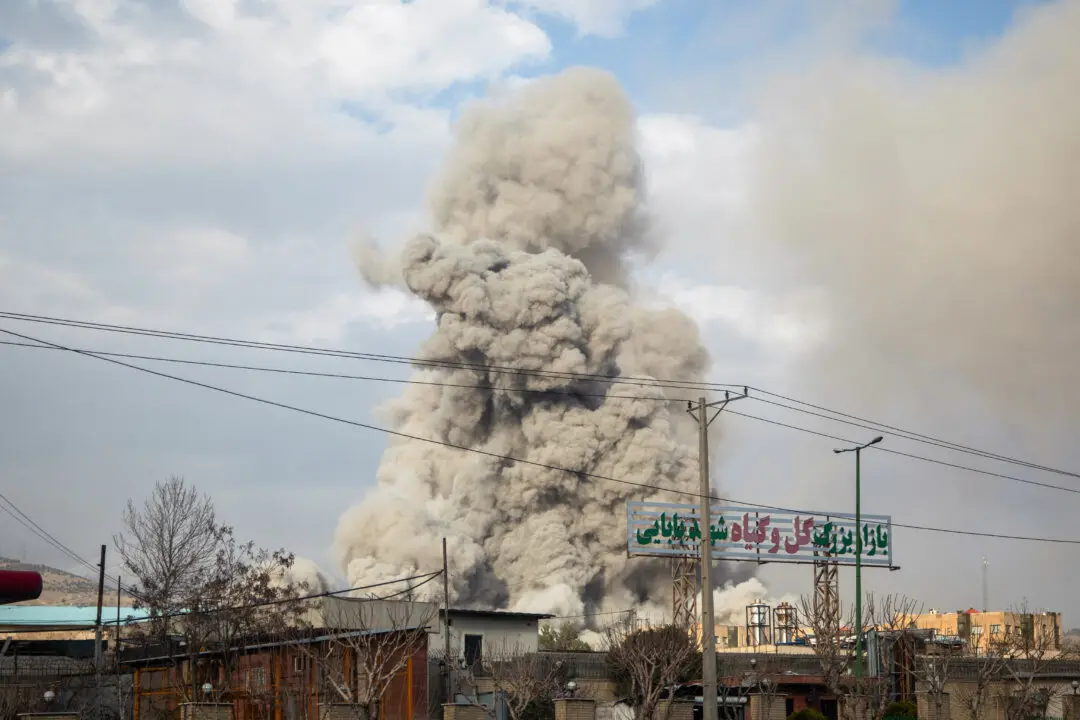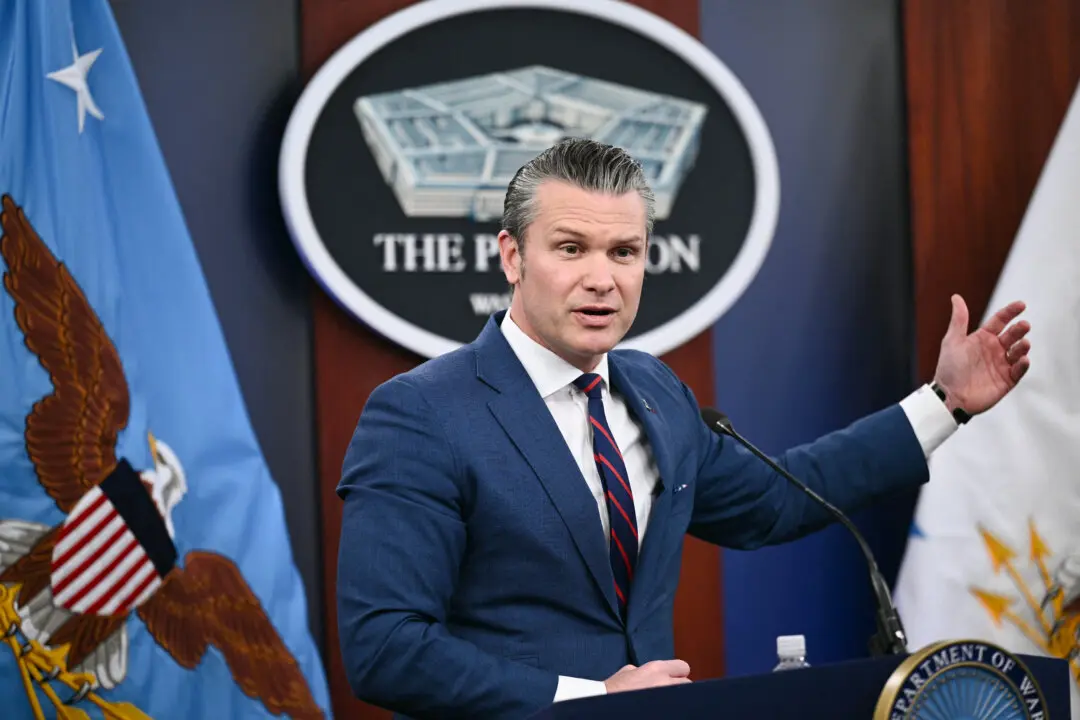The White House is pushing back against the idea that the United States is stepping away from the Middle East following the announcement that Iran and Saudi Arabia have agreed to reestablish relations, in a deal brokered by the Chinese regime.
“I would stridently push back on this idea that we’re stepping back in the Middle East—far from it,” National Security Council spokesman John Kirby told reporters on March 10. “It really does remain to be seen whether the Iranians are going to honor their side of the deal. This is not a regime that typically honors its word.”






